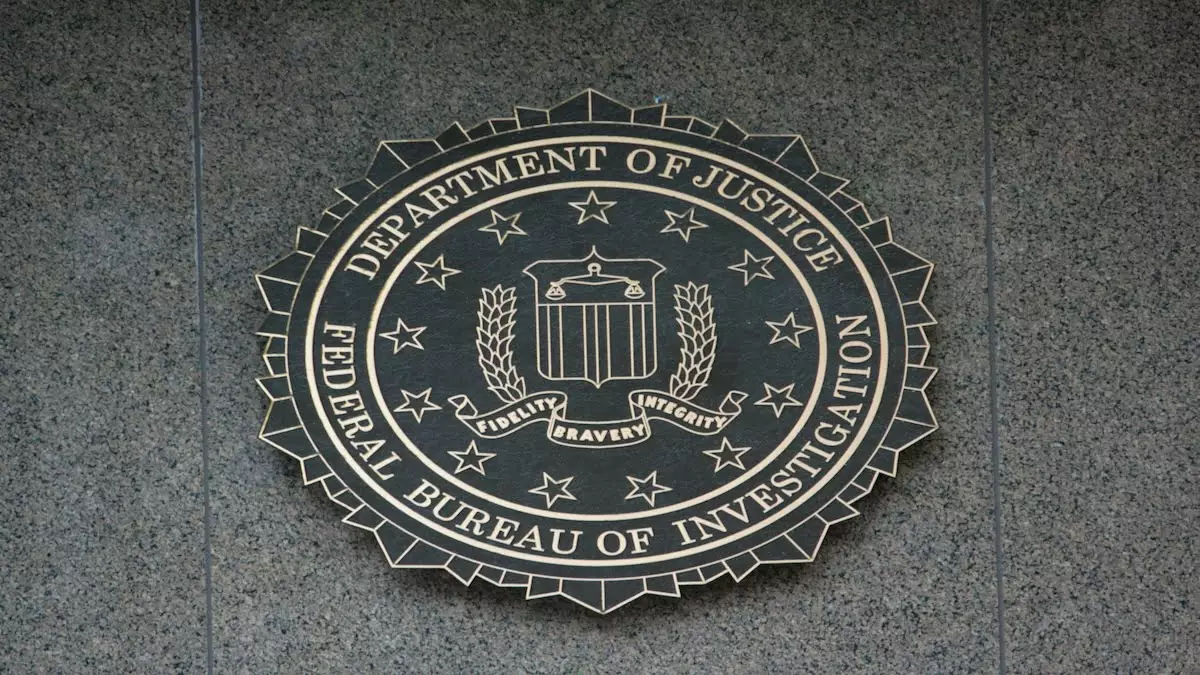In a surprising turn of events, the FBI has decided to utilize Non-Fungible Tokens (NFTs) to return $1.14 million to victims of the CluCoin fraud. This groundbreaking move marks the first time law enforcement agencies have employed NFTs to assist victims of fraudulent activities. Through the use of NFTs, victims of the CluCoin fraud will receive notifications containing detailed instructions on how to reclaim their stolen funds. By incorporating essential recovery information within the NFT, the FBI aims to streamline the restitution process while reducing the likelihood of further fraud attempts.
This innovative approach adopted by the Federal Bureau of Investigation could potentially signal the beginning of a new era in law enforcement. With the secure and transparent nature of NFTs, they emerge as a valuable tool for enhancing accountability and preserving the integrity of legal transactions in the digital realm. Imagine a future where NFTs are employed to verify identities securely, facilitate restitution claims, and manage legal documents with utmost efficiency. The FBI’s utilization of NFTs in aiding CluCoin fraud victims may serve as a blueprint for leveraging NFT technology in both civil and criminal cases as it continues to evolve.
The increasing integration of NFTs in law enforcement activities has prompted the necessity for regulators to establish standardized frameworks governing the use of these digital assets. Presently, NFTs operate within a predominantly unregulated domain, resulting in varying rules across different jurisdictions. As law enforcement agencies increasingly turn to NFTs in their investigative processes, the call for cohesive regulatory measures becomes more pronounced. This push for regulation may also foster collaborations between government entities and blockchain platforms to ensure the protection of victims of financial crimes and their digital assets.
The CluCoin case serves as a prime example of the innovative application of cryptocurrency assets like NFTs in contemporary law enforcement practices. Through the recovery of funds stolen from CluCoin investors using NFTs, the FBI has showcased the potential for NFT technology to become a cornerstone of “digital policing” within the cryptocurrency landscape. As NFTs continue to advance, they may emerge as a defining feature of digital law enforcement initiatives, reshaping the landscape of combating financial crimes in the digital age.
It is evident that the utilization of NFTs by the FBI in aiding CluCoin fraud victims represents a significant step towards enhancing transparency, security, and efficiency in addressing financial crimes. As technology continues to evolve, the potential for NFTs to revolutionize various aspects of law enforcement is vast, paving the way for a more secure and effective approach to combating fraudulent activities in the digital space.

